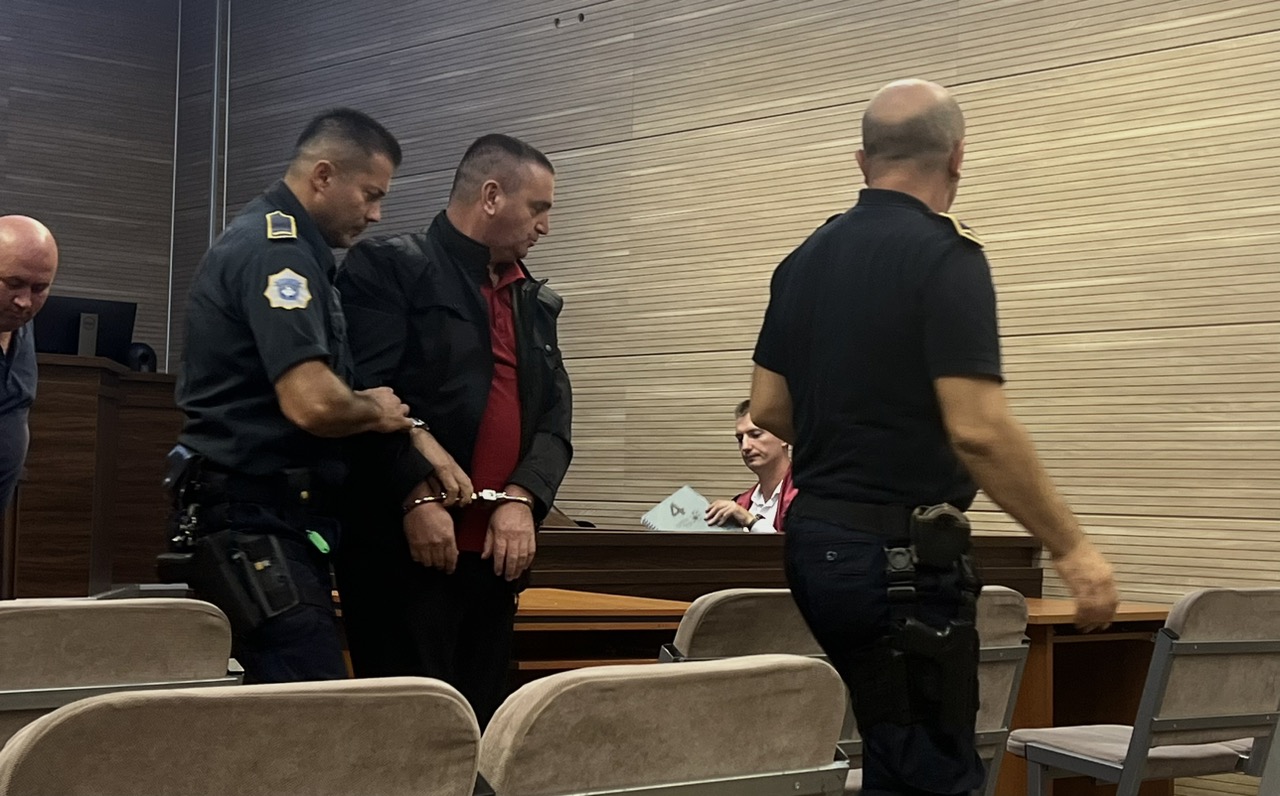
Muhamet Alidemaj, a former member of the Serbian police, was sentenced to 15 years’ imprisonment by the Prishtina Basic Court for participating in a massacre at Izbice during the Kosovo war in March 1999, when around 130 people were shot dead.
The Prishtina Basic Court on Friday found Muhamet Alidemaj, a former member of the Serbian police forces, guilty of war crimes for participating in the massacre at Izbice during the Kosovo war in March 1999. He was sentenced to 15 years in prison.
The trial panel confirmed the indictment which claimed that, on March 18, 1999, Alidemaj entered the village with Serbian police and military forces.
They forced a villager to lead them on a search of her house at gunpoint, slapped her, stole 1,000 German marks from her and set her property on fire, the indictment said. They then forcibly separated women and children under 12 from men and ordered the former to go to Albania.
The men were divided into groups and about 130 of them were executed with automatic weapons. Only 12 managed to survive.
After the Kosovo war, the bodies were found in a mass grave in the Belgrade suburb of Batajnica in Serbia.
Prosecutor Ilir Morina, in closing statements on July 9, withdrew the second count of the indictment which claimed that two months after the attack, the accused and other members of Serbian forces returned to the village, exhumed the bodies with an excavator and took them away.
Alidemaj, during closing statements, repeated his not-guilty plea, saying that he was “not 100 per cent but 1,000 per cent” not guilty of the charges, claiming also that he had not even been in Kosovo from September 1998 to 2001.
His lawyer, Milos Delovic, acknowledging the massacre of Izbice and the murder of inocent civilians, denied “the claim that Muhamet Alidemaj participated [in it]”.
On June 18, 2024, prosecutor Morina told the court that part of the evidence included a video recording of the state of the victims and the moment of their burial on April 1-9, 1999, as well as 227 photographies of the victims on the day they were murdered or found by other residents of the village.
The parties can appeal the verdict.